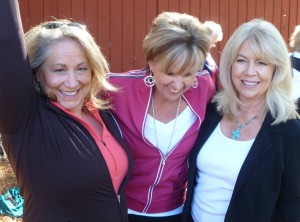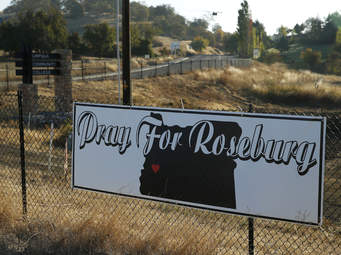 Imagine going to a Captain America movie where Steve Rogers is being sued. Regardless of the merits, which are never clear, he has reason to suspect the judge is biased and is treating his case unfairly. So the Avengers spend the entire movie plotting his demise.
Imagine going to a Captain America movie where Steve Rogers is being sued. Regardless of the merits, which are never clear, he has reason to suspect the judge is biased and is treating his case unfairly. So the Avengers spend the entire movie plotting his demise.
They use their special powers to investigate the judge. Finally, they use their celebrity to stage a huge reveal: the judge’s grandfather was German and a member of Hydra. The judge is a member of a local German legal community. On that community’s website they found a link to a group sympathetic to Hydra.
Even though the judge has put away many German drug cartel leaders, even though there is absolutely no evidence in his record that he has ever favored Germans in his courtroom, Rogers insists, “He’s a German. And he’s Hydra. We still fight Hydra. We still fight some Germans. It’s an inherent conflict of interest.”
The end.
We don’t find out how the judge rules on the court case. It doesn’t matter. The outcome would be so politicized that the verdict would be irrelevant. Captain America wins again.
What would you think of the movie? What’s wrong with it and why does it matter?
















